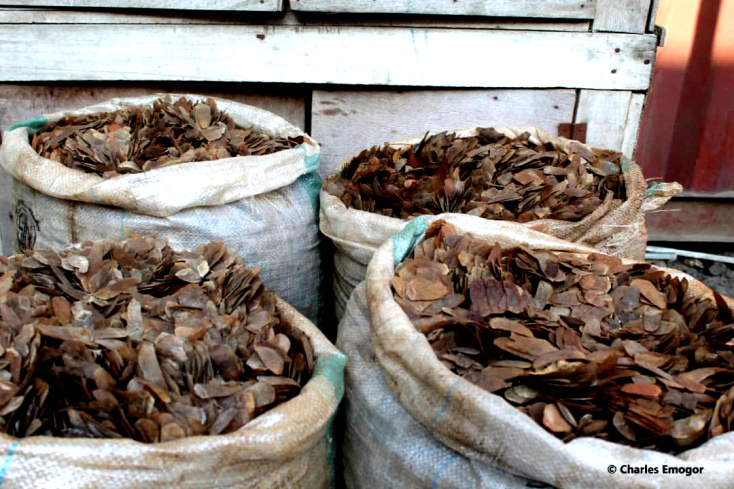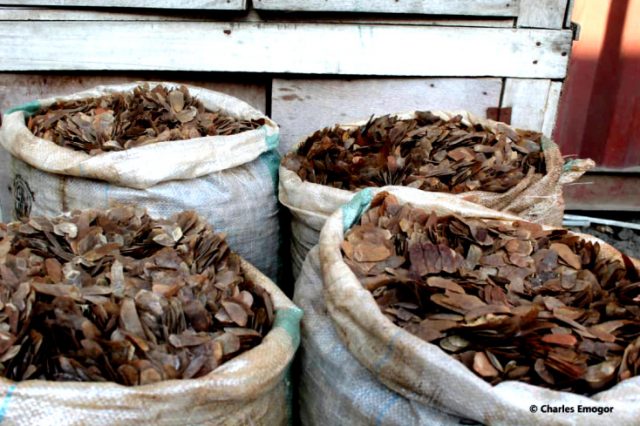Andy Esiet, Calabar

The Wildlife Conservation Society (WCS) has commenced collaboration with the Nigeria Customs Service (NCS) to check illegal wildlife trade.
As part of the collaboration, the Country Director of WCS, Mr. Andrew Dunn in a statement said grant has been provided and the WCS has been providing training to the NCS and to the National Environmental Standards and Regulations Enforcement Agency (NESREA) to help raise awareness of the illegal trans boundary wildlife trade between Cameroon and Nigeria.
Dunn said the project funded by the UK Biodiversity Challenge Fund “Tackling Illegal Wildlife Trade in the Nigeria-Cameroon Green Corridor” has already been making remarkable progress recently.
The NCS have since conducted a series of intelligence-led operations supported by WCS.
As a result, he said “two important arrests were made last month in the Nigeria-Cameroon trans boundary region. One suspect was apprehended in Jimeta, Yola with four sacks of ivory weighing 89 kg. Two suspects were arrested later the same month in Sangere, Girei Local Government Area (LGA) of Adamawa State with five sacks of pangolin scales and claws weighing 216 kg”.
The statement further stated that these are the first known arrests of wildlife traffickers in the trans boundary region and “all three suspects are currently facing prosecution by the Nigeria Customs Service”.
The Counter Wildlife Trafficking Adviser with the WCS in Calabar said, “I am overjoyed by this news and would like to congratulate the Nigeria Customs Service on the arrests made. We look forward to hearing more about the outcome of the prosecution as well as to further collaboration with the Nigeria Customs Service”.
Environmental experts have said that Cross River State hosts about 50 percent of the remaining tropical rainforest in Nigeria and recognized as a biodiversity hotspot, the forests of the state are home to a number of rare and endangered wildlife including the Cross River gorilla, Nigeria-Cameroon chimpanzee, drill, forest elephant and pangolins but due to weak law enforcement, these forests and valuable wildlife are declining rapidly hence improving the protection of these protected areas is critical to critical to halting biodiversity decline in the region, mitigating climate change and safeguarding the ecosystem services that they provide.





